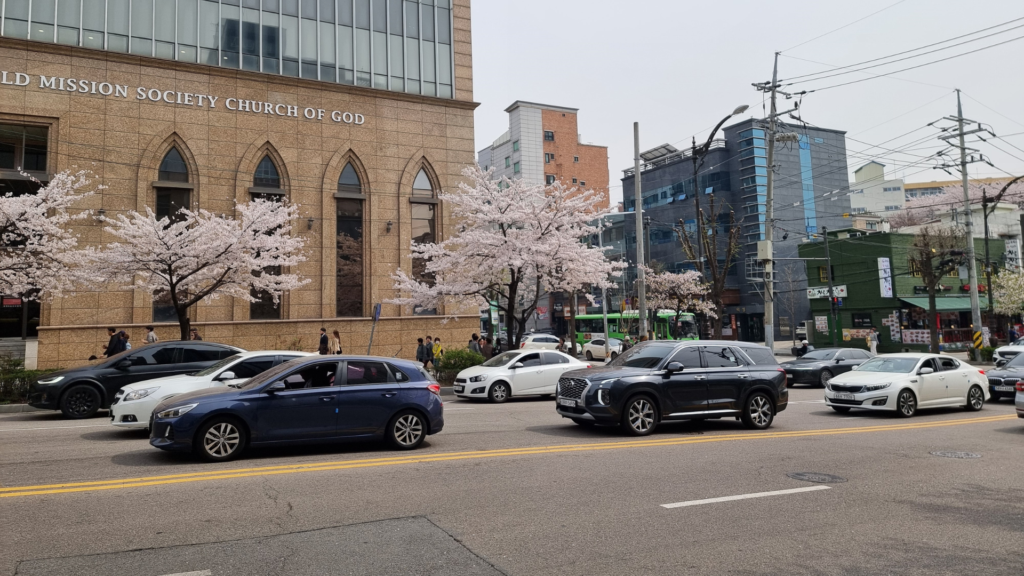Did you know that several universities in Korea are ranked among the top universities globally every year? The education system in Korea is known for its high academic standards and has extensive undergraduate and graduate programs. With a Korean university degree being well-regarded globally, you can certainly enhance your career prospects internationally. Besides, living and studying in Korea means that you get to immerse yourself in Korean culture, traditions, and lifestyle. Without further ado, let us tell you the 7 helpful tips to apply to a university in Korea!
7 things to note when you apply to a university in Korea

1. Research Universities
Before you make any decision to apply to a university in Korea, we suggest you research universities in Korea and the programs they offer. While most Korean universities accept international students, not all programs are available. A few things to consider would be location, course language, school fees, and school reputation. Keep in mind that the undergraduate programs lead to a bachelor’s degree and usually last for three to four years. To help you discover the ideal location to study in Korea, read our article on the best cities to study Korean in Korea.
2. Admission Requirements
Now, this is the most crucial part when you apply to a university in Korea. Remember we mentioned how Korean universities are known for their high academic standards? They have a strict regime when it comes to reviewing admission applications. Though this information is made available on the respective university’s official website, here we put together some key requirements for international students. Requirements include academic transcripts, English proficiency test scores like TOEFL or IELTS, recommendation letters, and a statement of purpose.
Based on our experience, the recommendation letters should come from professionals such as lecturers, managers, or an individual who has experience collaborating with you. The statement of purpose must include your educational motivation and future career goals.
3. Language Proficiency
Before you apply to a university in Korea as an international student, you must be aware that the university programs are mostly taught in two main languages, Korean and English. If you choose a Korean program then you’re required to take the TOPIK (Test of Proficiency in Korean) exam as proof of Korean language proficiency. Most universities require a TOPIK level 4 or higher to be enrolled in their undergraduate programs.
If your chosen program is taught in English then you are to provide the English proficiency test scores only if your first language is not English or you come from a country whose national language is not English either. So do you still need a TOPIK? The answer is YES! Although your program is carried out in English entirely, you will still be required to score a TOPIK level 4 or higher to graduate. Find out more about the TOPIK exam here.
But fret not, Go! Go! Hanguk is here to help! If you have plans to apply to a university in Korea in the future, we encourage you to begin studying Korean through us first. We have helped many students achieve their dreams of living and studying in Korea and we believe we can help you too! To begin, check out our article that will help you prepare to study in Korea and our language schools page for information.

4. Scholarship Eligibility and Visa Application
One helpful tip when you apply to a university in Korea is to explore scholarship opportunities that may be offered by the Korean government, universities, and other organisations. Most cover up to 60% of your school fees and some provide living expenses throughout the whole program duration. Nonetheless, this differs from university to university as well as the type of scholarship schemes available. Do refer to the respective eligibility criteria!
After you have a good understanding of all the admission requirements and have chosen your preferred university and program, proceed with your application and you should receive an acceptance letter from the university thereafter. Now, you apply for a D-2 student visa at the nearest Korean embassy or consulate by providing mandatory documents such as a visa application form, admission letter, passport, proof of financial status, and a health certificate.
5. Class Registration
Similar to the process when you try to apply to a university in Korea, the registration process for classes is different for each university, but a generic process typically involves several steps so here’s a summarised one you can refer to. First of all, you should understand the university’s designated registration periods for each semester, find out more information about the classes you wish to sign up for from the list of available courses, and then figure out if those classes would fit your schedule.
Fun fact, some courses may have grade restrictions or limited class size so do check for any major and minor prerequisites for each course or specific grade requirements before you register for them. Once you’ve your schedule planned out, register for your classes online via the university’s portal where you can also view, verify, and make changes to your course details.
6. GPA System
In Korean universities, there are three main types of GPA (Grade Point Average) systems, 4.0, 4.3, and 4.5-point grading scale. To evaluate students’ academic performance, universities in Korea typically use a 4.5-point grading scale, with grades ranging from A+ to F. Let’s look at the grading scale below:
- A+: 4.5
- A: 4.0
- B+: 3.5
- B: 3.0
- C+: 2.5
- C: 2.0
- D+: 1.5
- D: 1.0
- F: 0.0
Each course will be graded based on the student’s performance and the grade is then multiplied by the number of credit hours* for that course. The same method of calculation applies across all courses. To obtain a GPA for each semester, the sum of all grades in that semester is then divided by the total number of credit hours* completed. At the end of a program, a cumulative GPA is calculated for all courses completed by the student over multiple semesters to give an overall measurement of the student’s academic performance for the whole program.
To help you understand better, let’s see one example below:
A student receives grades of A+, B, and C+ in three courses with 3 credit hours* each:
GPA = [(4.5 * 3) + (3.0 * 3) + (2.5 * 3)] / (3 + 3 + 3) = (13.5 + 9.0 + 7.5) / 9 = 30 / 9 = 3.333
*Credit Hours may vary depending on the school however, Credit Hours are assigned to each course based on the amount of time and effort required to complete the course. They are also assigned based on the number of class hours per week. For instance, 3 Credit Hours = 3 hours of class time for that course per week.
Good to note that a school may define an “hour” differently though. For some institutions, 1 credit hour = a 50 minute class while labs or seminars are assigned zero credit hours.
7. Further Education or Employment
Good news for international students who plan to apply to a university in Korea, there are several advantages and global opportunities during and after completing your studies. The programs provide students with essential knowledge and skills, preparing them to enter the workforce in Korea or internationally. What’s more, it also fosters opportunities for further education.
Based on statistics, most organisations in Korea prefer foreign graduates from Korean universities. This is mostly due to the candidates’ familiarity with the Korean language, culture, and lifestyle. Besides, the visa eligibility criteria for job-seeking or employment opportunities are more friendly to Korean university graduates. Now, more reasons to apply to a university in Korea!
After all, living and studying in Korea can be a life-changing experience, reach out to us if you’re keen to learn more about how you can do so! Also, remember to follow the Go! Go! Hanguk blog for more content and tips!















